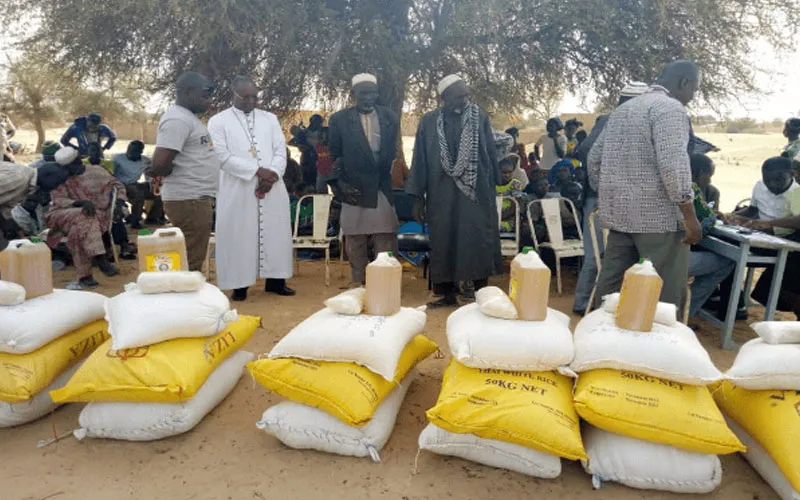Dori, 14 January, 2023 / 9:29 pm (ACI Africa).
Terrorism in Burkina Faso has taken a heavy toll on the ministry of the local Church in the West African nation, a Catholic Bishop has lamented in a report.
In the Tuesday, January 10 report by the Pontifical and charity foundation, Aid to the Church in Need (ACN) International, Bishop Laurent Birfuoré Dabiré is quoted as saying he finds it regrettable that pastoral agents in the country can no longer reach Christians in the rural areas as terrorists occupy most parts of the nation.
“The consequences of this wave of terrorism over the past seven years have been terrible. From a pastoral point of view, we can no longer move around as we did before,” the Local Ordinary of Dori Diocese who doubles as the President of the Bishops’ Conference of Burkina Faso and Niger (CEBN) is said to have told ACN.
Bishop Dabiré added, “Our scope of action is much smaller because the terrorists occupy two-thirds of the territory of the Sahel. All we have left, practically, are the provincial capitals.”
The Burkinabe Catholic Bishop has had to close down some Parishes in his Episcopal See amid insecurity.








